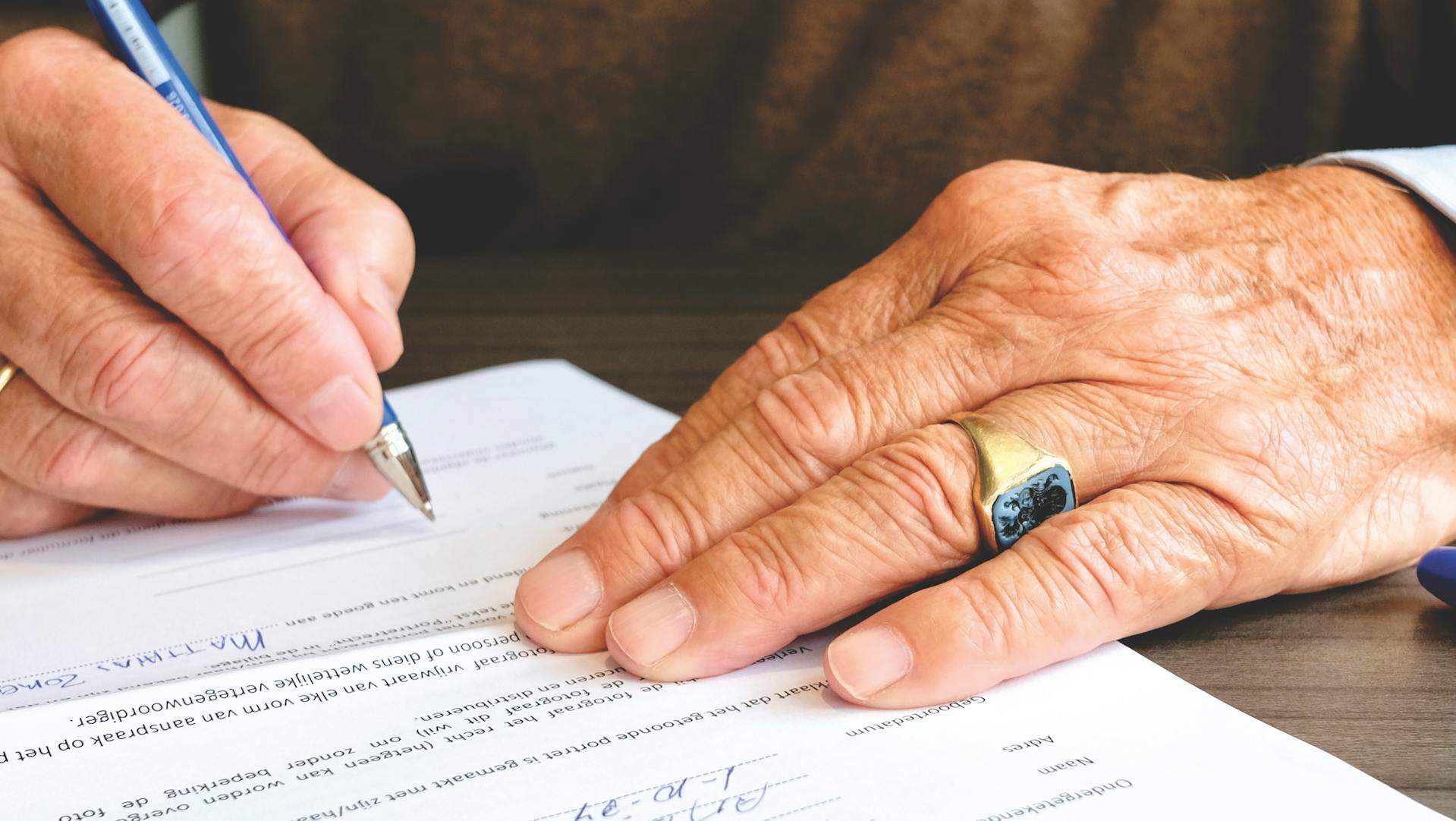5 Frequently Asked Questions before making a will.

What is a will?
A will is a legal document that outlines a person’s wishes as to how their assets should be distributed after their death. It can avoid legal complications and costs after death.
assets: anything of monetary value that is owned by a person or entity
Additionally it can outline a person’s wishes for the care of their children if they are under the age of 18.
Wills need to be in writing, signed by the person making the will, and must be witnessed by at least two people, to ensure that the will-writer is not being coerced or forced into writing it.
What are executors?
An executor of a will is someone who is legally responsible for handling a person’s estate.
estate: the sum of a person’s assets (property, money, etc.) minus their liabilities (debts, etc.)
An executor must manage the assets during the ‘administration period’. This is the timeframe starting from death until the moment the assets have been passed onto the beneficiaries.
beneficiaries: a person who is set to gain from a will
Many people choose family members, partners, or their children to be their executors; anyone over 18 can be an executor.
Beneficiaries of your will can act as executors, but witnesses cannot. An executor can be personally and financially liable for any mistakes made, so many people appoint solicitors instead of family members.
What is a lasting power of attorney?
A lasting power of attorney is a legal document that appoints someone to make decisions on your behalf if you lose mental capacity.
It’s not a will, and the two are very different legal entities. But when people are putting their affairs in order, wills and lasting powers of attorney are two key documents that they think about.
mental capacity: refers to an individual’s ability to understand information relevant to a decision, weigh up that information, and communicate their choice
There are two types of LPA:
- health and welfare
- property and financial affairs
You can choose to have one or both.
What happens if I don’t have a will?
If you die without writing a will, the laws of intestacy are followed, which act as a legal default.
Your husband, or wife or civil partner keep the assets, up to a value of £322,000, and all personal possessions.
Above £322,000 – the remainder of the estate – will be shared. The husband or wife or civil partner will receive half of the remainder.
The other half is then divided equally between any surviving children. If a child has already died their children will inherit in their place.
If there are no spouses, legal partners or children the laws of intestacy are followed, searching out brothers, sisters, aunts, half-brothers, etc. If no family can be found, then the assets are given to the Crown (government or the king).
It’s important to remember that cohabiting couples do not have any rights within the laws of intestacy, so a will is vitally important in these circumstances.
Can I revoke my will?
Yes. Revoking a will is possible. Indeed, people should revoke and update their wills throughout their lives to reflect changes in their circumstances (marriage, children, divorce).
Marriage automatically revokes a will unless the will was specifically made in contemplation of that marriage. A divorce does not automatically revoke a will, but it does significantly alter how the will is interpreted, and in practice it means that the ex-spouse will not inherit under the will, nor act as executor.
Finally, it is good practice to always destroy old wills so that your executors are in no doubt about which is your very ‘last will and testament’.
For further information, please contact Melissa Butler on 01756 692878 or email melissa.butler@awbclaw.co.uk.
30 June 2025
Further reading:
An A to Z of Wills – beneficiary, codicil, dependent? We explain!
Intestacy: the question of inheritance

